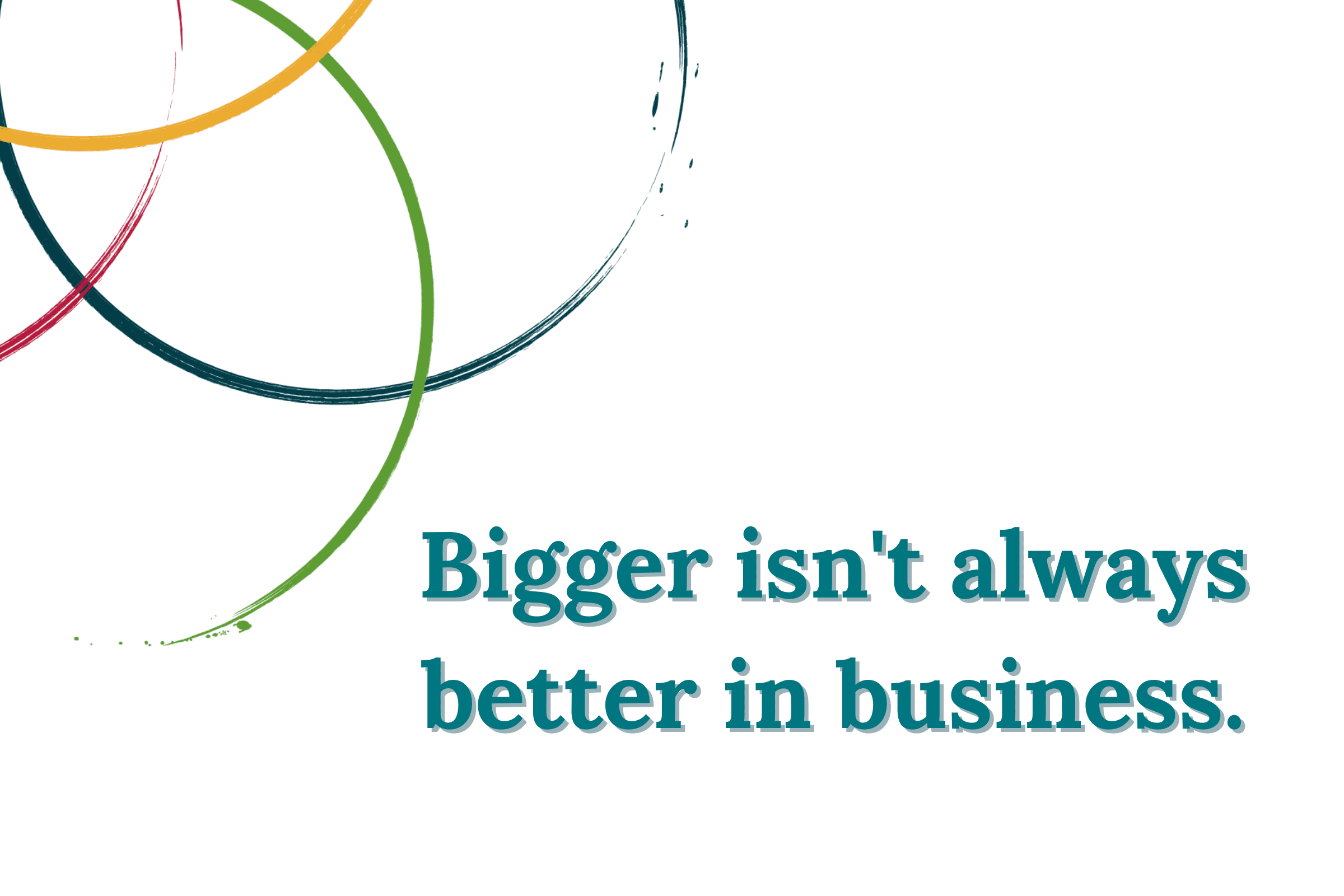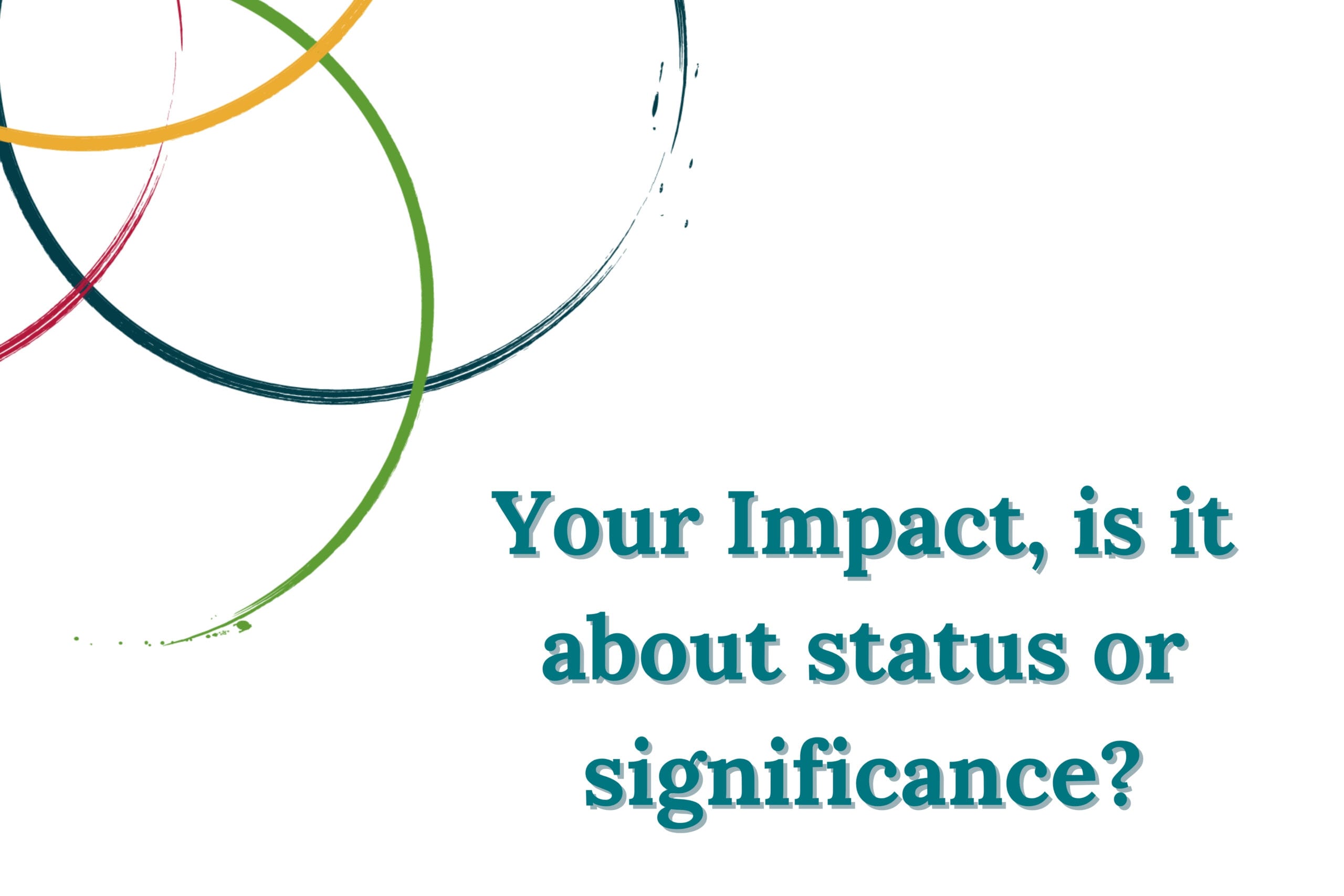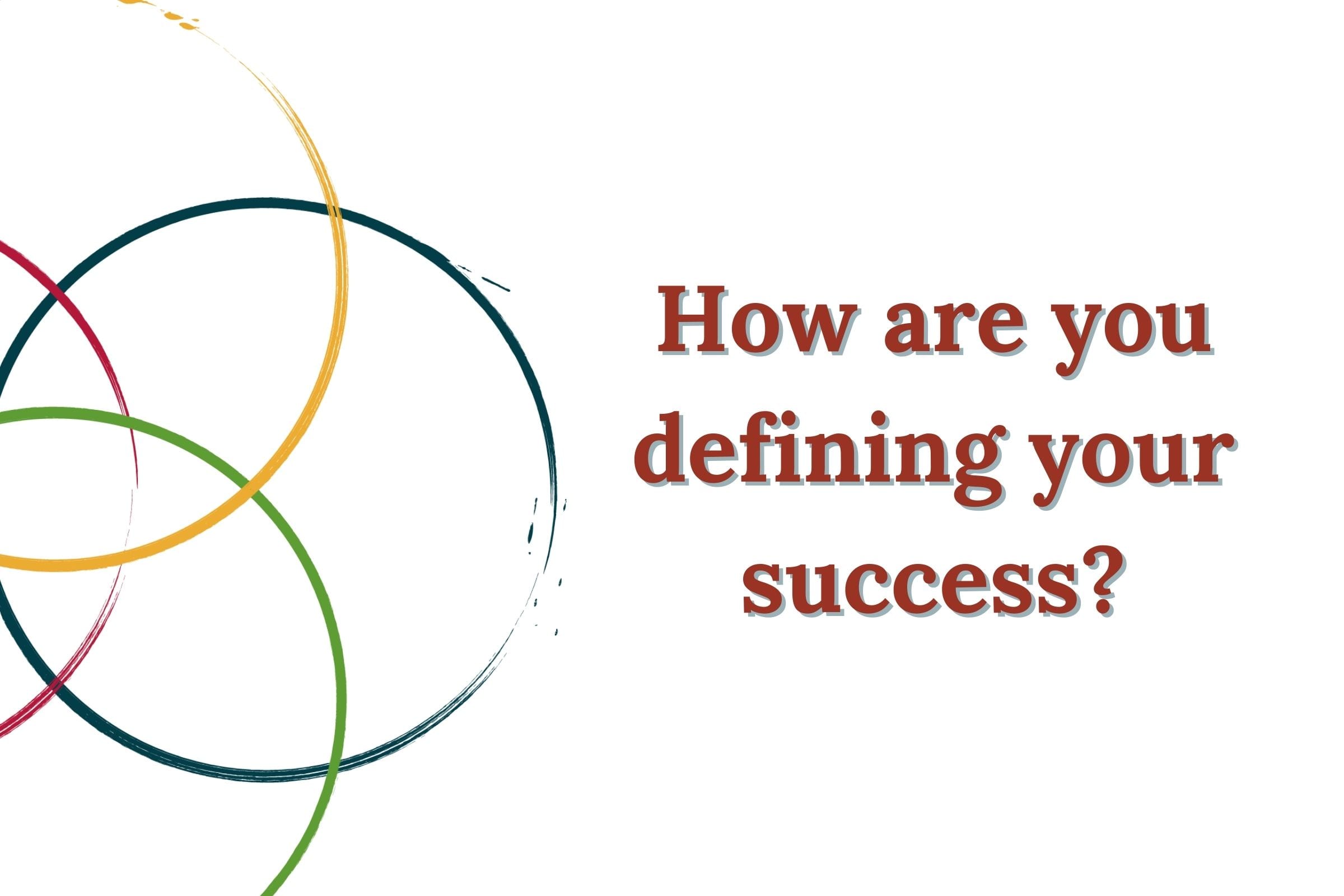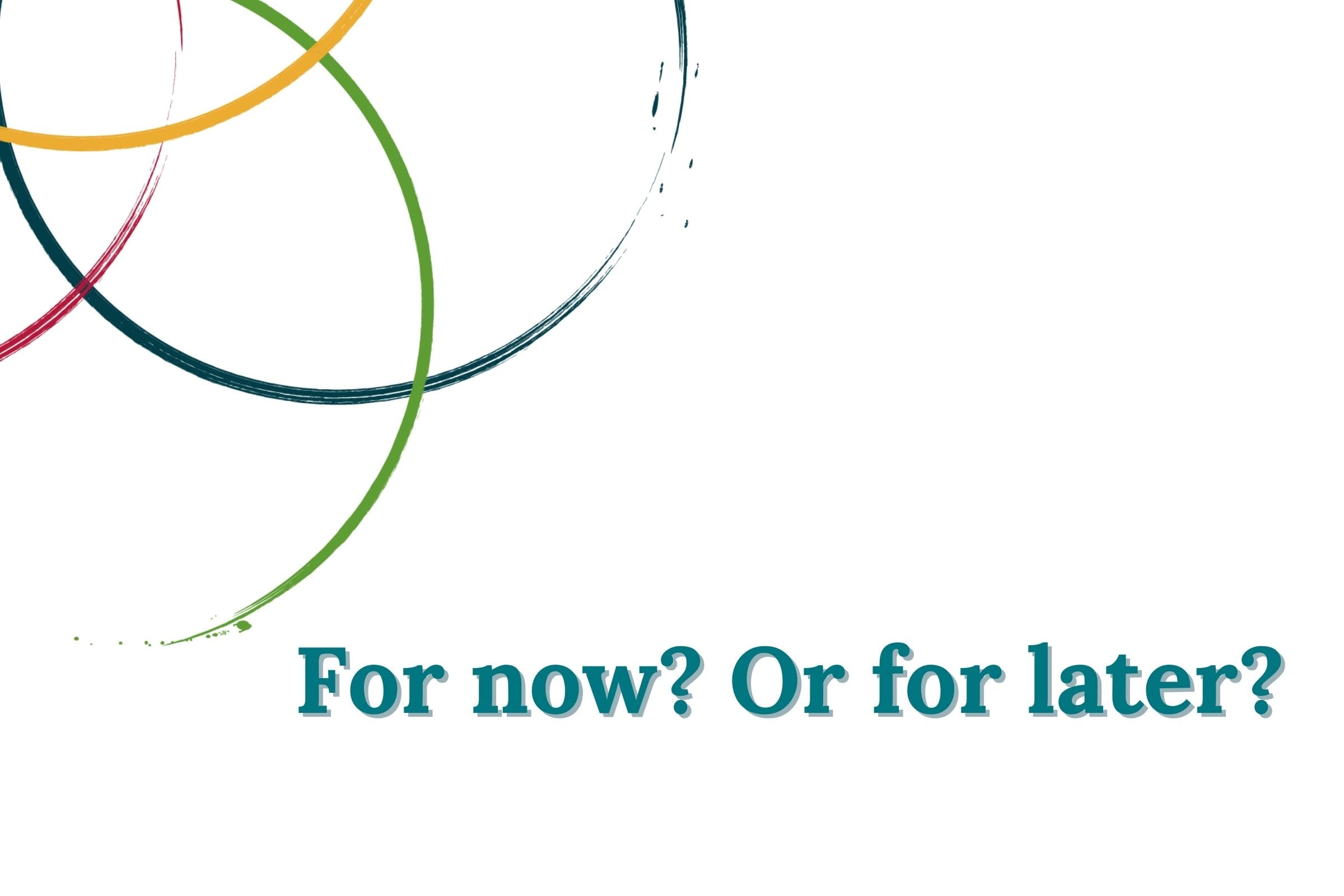Are you confusing diversification with adaptability?
I remember sniggering childishly when I first came across the Darwin awards. I was living in Africa at the time and I am not going to lie, I was regularly astounded by some of the questions I was asked by visiting tourists and some of the things they chose to do in the face of imminent danger – like blasting their emergency foghorn through the canvas tent at an already irate elephant, instead of sitting quietly inside where they couldn’t be seen and waiting for the animal to move off; or even more ridiculous blasting their emergency foghorn and activating the emergency procedures in the camp to order a gin and tonic.
So, the fact that there were recognised awards for death by stupidity did not surprise me and did, at the time, mildly tickle my sense of humour. I am pretty sure someone will take offence at that comment, judge, roll their eyes and ask how I can find the death of another amusing under any circumstance. Of course I do not actually find it funny by any stretch of the imagination, but I have been in situations where the stupidity of others has almost resulted in my own death, whilst trying to save their lives – I reserve the right to acknowledge with the same eye roll that people can indeed do rather silly things that can result in a premature demise.
Wow, a whole paragraph attempting not to offend anyone – that has to be a record!
Right, back to the Darwin Awards – and why they are relevant to this article. Well, they aren’t really, but the concept of Darwinism is, and I believe it is frequently misinterpreted. The Darwin Awards commemorate those who have accidently left this earth through their own stupidity, which would suggest that to survive you need to be smart. In fact, the phrase most associated with Darwin’s evolutionary theory is “survival of the fittest”, which would suggest that to survive you need to be smarter, faster, stronger, bigger, and fitter.
If, however, you look more closely and do not take the phraseology at face value what he actually intended it to mean was “better designed for an immediate, local environment”. This was then taken by Leon Megginson and paraphrased into a quote that suggested that Charles Darwin didn’t say that only the strong survive.
What he actually said was that those who survive are the ones who most accurately perceive their environment and successfully adapt to it.
“According to Darwin’s Origin of Species, it is not the most intellectual of the species that survives; it is not the strongest that survives; but the species that survives is the one that is able best to adapt and adjust to the changing environment in which it finds itself.”
And herein lies my point.
A point that is especially pertinent right now – the businesses that will survive the current economic climate are not necessarily bigger, richer, stronger, fitter, and faster. They will be the ones that lift up their heads, face their reality in truth not fantasy, accurately perceive their environment, intuit what might happen next and successfully adapt to the changes in the environment around them, has they have happened and are happening.
It will be the most adaptable and flexible that survive. The most responsive. The most ready to release what they thought was true and observe what is actually going on right now. The ones who open their ears to their clients and customers and listen for the needs. The ones that can transcend fear and uncertainty; the ones that embrace this as an opportunity to evolve and innovate. The ones that see that the world has to change and that the change will happen with or without them, so it would be in their best interests to become an early adopter and jump on the transformation train.
Are you going to watch through your fingers, whilst hoping that things just go back to the way they were?
Or are you going to open your eyes fully, see, seek to understand what is really going on and curiously explore how you might be able to leverage or work with the change that is afoot.
I believe that it is in times like these that small businesses can come into their own. I believe that in times like these, the competitive advantages of being a small business seriously become competitive advantages in the marketplace and can result in greater market share, procured even from the bigger, more established businesses.
We have seen evidence of this throughout lockdown. I don’t know about you, but in my local area it was the local butcher and his quick thinking (and rather basic but functioning website) that ensured I could continue to get the basics delivered when I couldn’t get on a delivery list of any of the supermarkets – there are 6 of the major supermarkets in Portishead and they could not service a town of 25,000 people, despite their size and infrastructure. I will now remain loyal to our local butcher, because he stepped up when many others stepped back and relinquished responsibility with a “no sorry, delivery slots are closed to new customers” when they were needed most.
Anyway.
This can however only come to fruition if small businesses recognise what their competitive advantages are and focus all of their energy into leveraging them.
Sadly, I am witnessing the opposite in many cases at the moment.
I am seeing what I hope is temporary confusion between the concept of diversification and adaptability.
Small business, who have not yet fully cemented their one primary skill set and service in the marketplace, who have not become universally known for their one thing, trying to add additional skills and services to their portfolio in what seems to be a desperate attempt to throw more spaghetti at the wall and hope something else sticks. Small businesses “pivoting” completely, thinking they can make a quick buck by identifying an immediate and temporary need in the market. That’s a dangerous game.
Now is not the time to be starting from scratch unless your current business truly is dead in the water. Now is not the time to diversify either. Diversification is a point scored for generalism and mediocrity. It mostly results in dilution and confusion; and (one of my favourite sayings):
A confused brain always says “NO”.
The marketplace does not need more of anything. It certainly doesn’t need more generalists; in fact, that is one thing that has not changed in the environment, if anything the need for genuine specialists has become greater. In times of uncertainty people want businesses with a proven track record who know exactly what they are talking about, not someone who was one thing but has now expanded their portfolio to dabble in another thing, because they have been in business for a while and have enough of an understanding. That thinking just won’t work.
You have to stick to what you do the best and niche into your smallest viable audience right now.
Focus only on that.
This is a lesson that can be learned from the big companies. They all did one thing really, really well before they even considered diversification, in fact it was 55 years before coca cola diversified into other drinks and 99 years before they added flavours to their coca cola. All with good reason.
Diversifying and adapting are two different things. Unless there is a really good reason, do not try to be something you are not. Do not change what you do. Be who you are and do what you do bigger and better. You might, however, need to change how you do it, in order to adapt to the environment as it evolves around us.
I also sometimes think that business owners get caught up in their USP and focus their energies on “being different” (aka special in some way, hello ego). The thing that makes you most different from anyone else who does the same sort of thing is the way you do it, that’s not something you have to try and create, it just is. So instead of wasting time trying to find innovative “new” ways of presenting something just so that you can tell people about your uniqueness try just naturally expressing your thing in your way. Doing things differently does not always mean being different.
Which brings me neatly onto the next pitfall I see, at the moment, which is really another version of trying to be something you are not. I can see many small businesses attempting to emulate bigger businesses by trying to force results, push themselves forward, compromising on standards in the name of the “unforeseen”, accepting mediocrity over excellence due to the “unprecedented”, trying to please everyone instead of focusing on delighting their few, automating and systemising too quickly, becoming risk adverse and optimizing for safety, and holding themselves in the middle of the pack to see what happens next.
Now, I can see the rationale in some of these changes. An argument might be that it is better to contract and survive than to risk change and fail or fold; but as usual I don’t really see it as an either/or choice and there is plenty of opportunity for the courageous to not only survive but leverage the current climate, in a moral, ethical and aligned way, coming out far better than anticipated.
There is an opportunity here to grow and serve your customers, clients and communities in a bigger way. But not by trying to do what the bigger businesses do. I am a big fan of acting “as if” but not at the expense of reality!
As a small business you need to recognise what your competitive advantages are and consider how you might leverage them. You need to adapt to the environment you find yourself in and identify ways that you can evolve with the world and serve the needs of the world in a bigger way.
So, what are your competitive advantages as a small business?
Firstly, small businesses can try, and fail, quicker which means they can ultimately also get to success faster in the new environment. They have the ability to innovate and execute their ideas and see how the market responds. They have the ability to ask better questions, more questions, and approach change with curiosity, constantly assessing the environment for what is and what is not working.
They can adapt to emerging trends with speed and ease, they are closer to the ground and can therefore see change as it starts to unfold, if they are looking carefully.
Small businesses can provide service excellence and intimacy. I believe this is one of the most competitive advantages any small business has at any time, and it is something that is done so poorly. My hospitality trained eyes are appalled at the level of customer service offered by most small businesses, it is so important to get right, and so easy to get right if it is prioritised (rant over). As the world moves online it is fundamental that connection and intimacy are enhanced, and small businesses do everything within their power not to lose their personal touch.
It is more important than ever to listen to and consult with consumers, to respond to articulated preferences (within reason) in a humble and flexible way. To focus on building and nurturing caring relationships between you and your customer or client, not putting in an impersonal system, because you don’t think you can afford your VA anymore and can’t handle the workload yourself. People are still individuals, value them as such – employees and customers alike – when your relationships become transactional your business ceases to be transformational, for anyone.
Prior success means absolutely nothing when the environment changes. Desperately gripping onto strategies and solutions that used to work will get you nowhere now, neither will attempting to reduce costs and increase efficiency by systemizing and dehumanizing.
People want people.
People want businesses that are competent and caring.
In addition to adaptability, high standards of service delivery, customer service excellence, and intimacy; small businesses have flexibility and can create massive momentum relatively swiftly. Decisions can be made quickly, there is less red tape, resources can be reallocated, but most importantly how the service is delivered does not need to be uniform.
In the last week I have taken on 5 new clients and for each one I made a plan that would suit their exact needs, because I could and I wanted to – I didn’t try and shove them into a predetermined shaped programme, just because that’s what is says on my website. If you become too rigid you become repellent.
Your clients want their problems fixed and to feel special, they want to be the exception to your rule. You can’t be exceptional unless you are willing to make exceptions. My experience from consulting to many small businesses is that most of the time they can’t tell me why a rule or policy is in place anyway. Compliance kills creativity, and although it has its place in a business, it should not be at the expense of common sense or common decency.
The bottom line is that you cannot change what’s happening to suit your situation, you need to be the one to change. You and your business need to adapt to thrive in this new environment and to do so you need to understand it; and to understand it you need to stop looking through your fingers, take your hands off your face, open your eyes, your mind, your heart and your ears, and listen to what your people are telling you about what they want and need from you, right now and going forwards.
You need to use what you have already got – adaptability, flexibility, high quality products or services, service delivery excellence and strong personal relationships with your clients or customers. If you don’t have these things then put all of your focus into them immediately, because this is your edge as a small business.
In your desperation to survive or desire to grow, be more and have more don’t lose the competitive advantages you already have and can guarantee.
Bigger is not always better in business.






